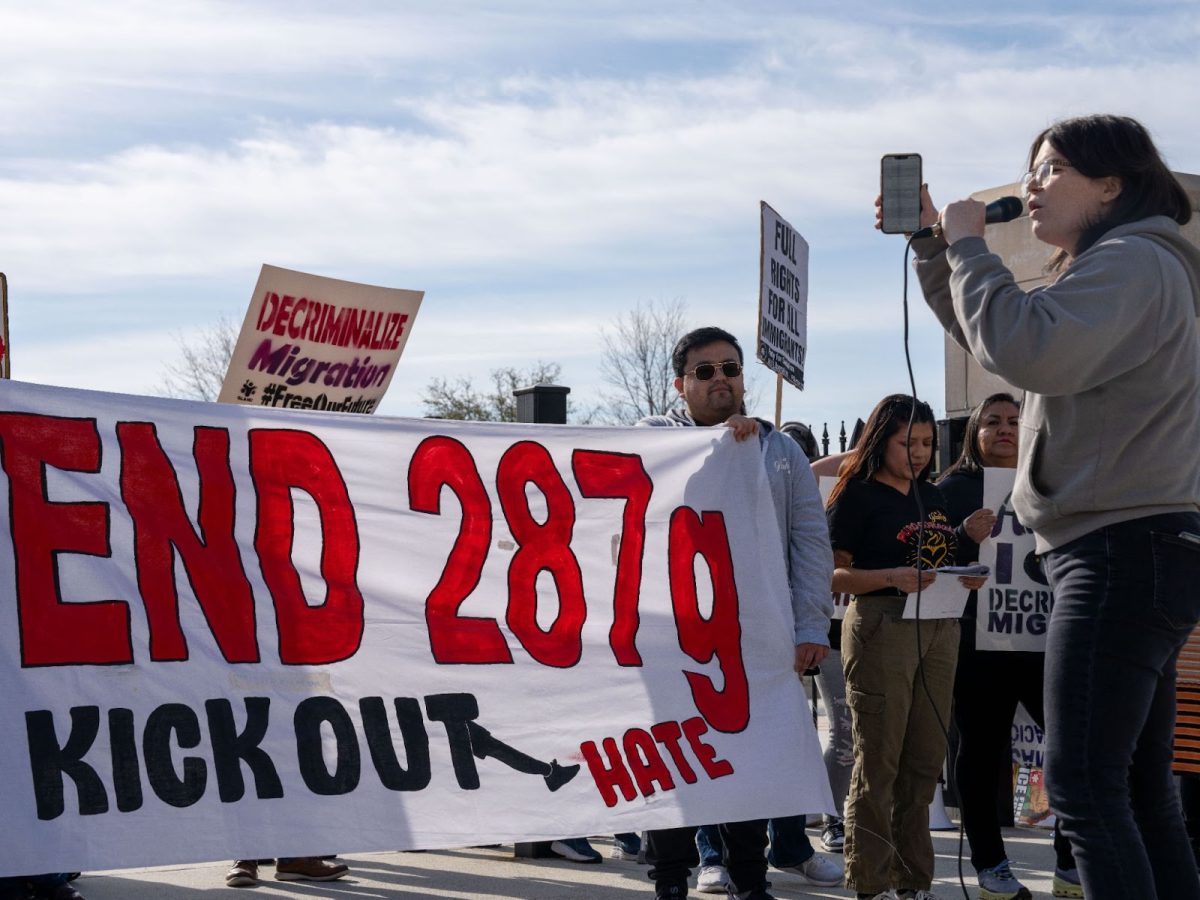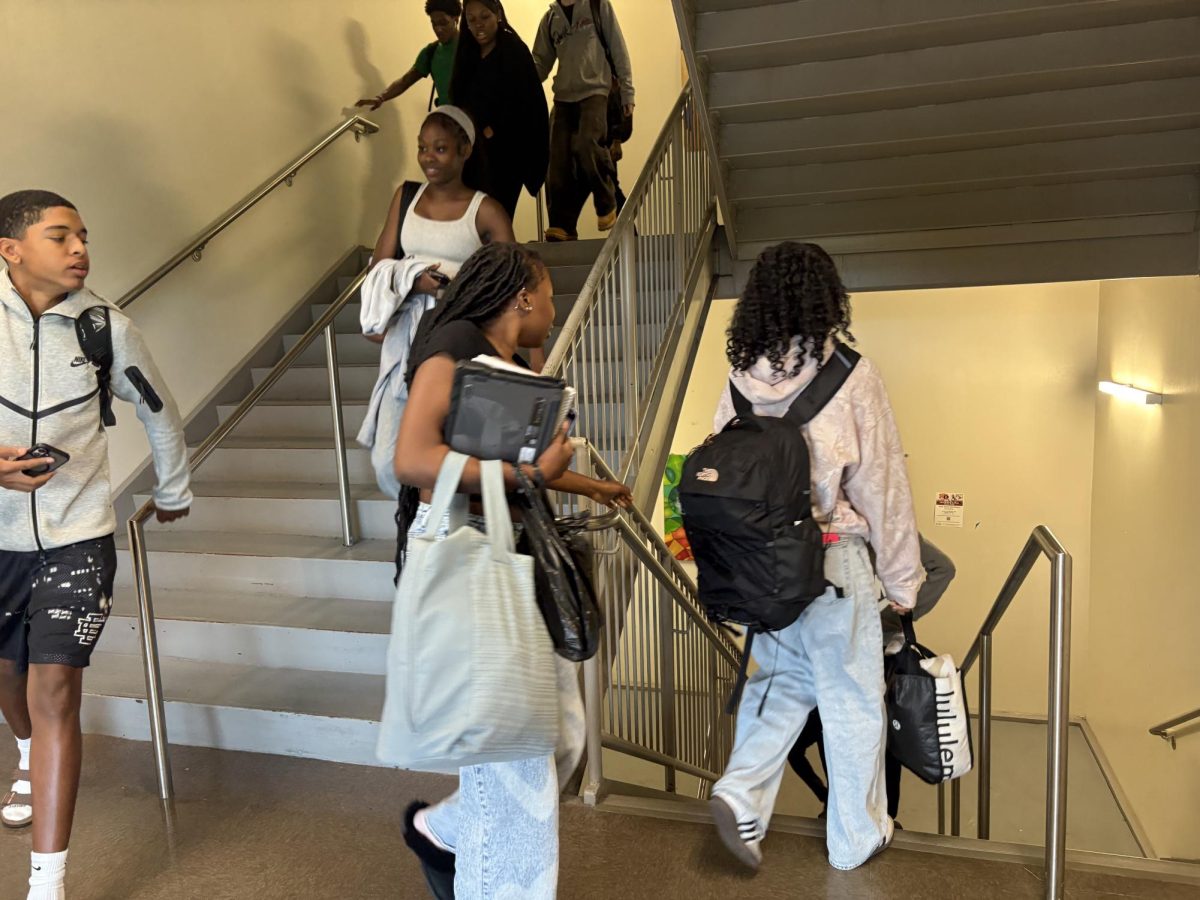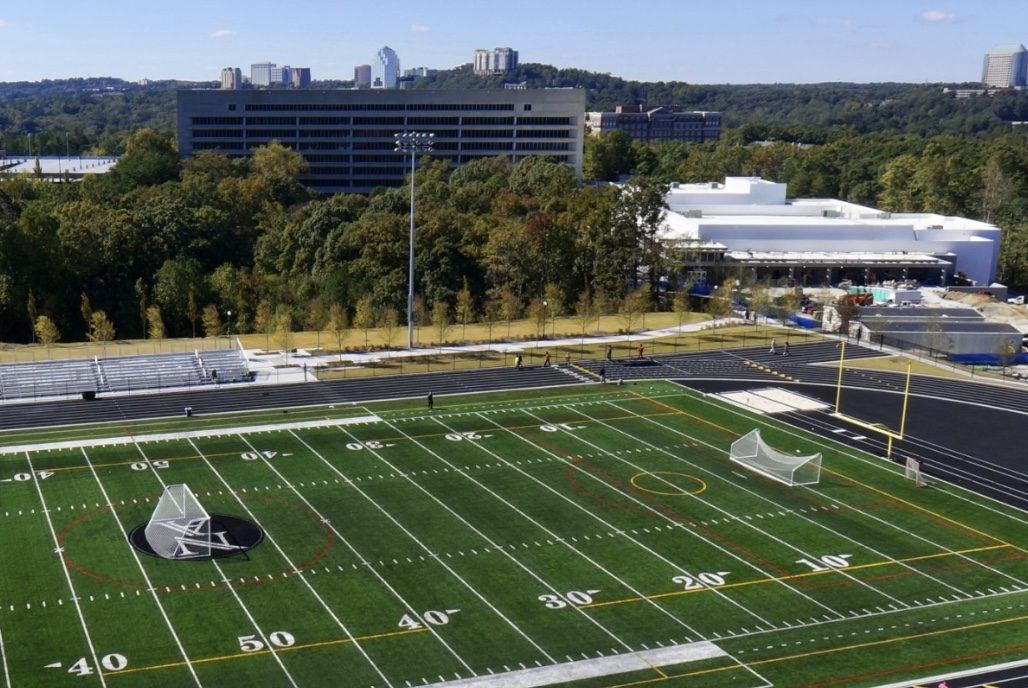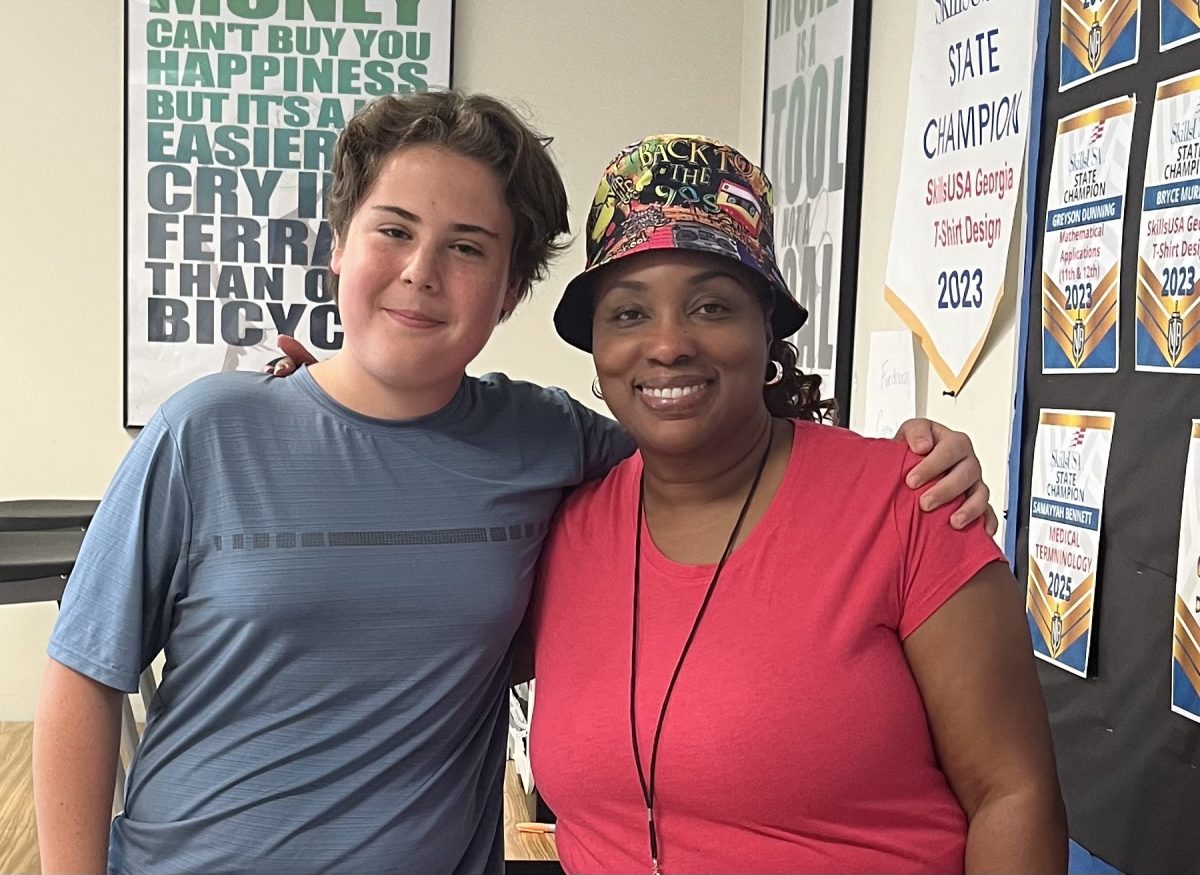On February 22, 2024, nursing student Laken Riley was murdered during a jog on the University of Georgia campus in Athens, GA. The suspect, undocumented immigrant Jose Antonio Ibarra, entered the United States illegally last year in September and had previous convictions with a history of petty crimes and suspected gang involvement. In the recent discourse of re-election, President Biden’s immigration policies have drawn significant criticism from the media and press, who cite his administration as being lenient and permissive to illegal immigration for the duration of his presidency. Nationally, the case has sparked intense controversy and debate over immigration policy in the state, making Riley’s murder a “national political case” and cementing the crime epidemic in the minds of lawmakers.
In Georgia, legislators proposed a bill, erected in the wake of the growing crime epidemic and the death of Riley, in hopes of combatting the crime crisis across the state. The bill, HB1105, calls on local law enforcement agencies to report the activities of suspected undocumented immigrants to federal law officials. According to 11Alive, the bill and recent intolerant and harsh immigration discourse have alarmed the Latino migrant community, specifically after alleged “checkpoints” have plagued heavily populated Hispanic areas around Atlanta. Recently, the bill was passed at the Congressional level, and the actual application could be seen if it is passed in the Senate.
The politicization of Laken Riley’s murder and other unfortunate cases, such as the murder of Mollie Tibbets by an undocumented immigrant in 2018, has resulted in a polarizing debate regarding immigration and policy enforcement. These cases are often used as rallying points for conservatives aiming at stricter border control, arguing that such situations could have been avoided given a closed border. On the other hand, proponents of open-border policy say that the cases exemplify outliers and should not be used to characterize the majority of undocumented immigration definitively.
The politicization of these tragedies has also manifested into a broader demonization of immigrant populations. As Atlanta’s immigrant community navigates the tumultuous waters of political discourse, one individual’s story sheds light on the personal toll of these debates. An unnamed source, North Atlanta student “Mark” (pseudonymous), has silently grappled with the burden of finding solutions for his multiple undocumented family members, including his parents. “It’s hard knowing that the people that I love, who love this country, and who contribute to our economy every day, will potentially live in fear if this bill is passed,” Mark said, “it takes years for a citizenship claim to be considered, let alone granted. No few people should be allowed to take away hard-earned opportunities for immigrants attempting to gain a better life.”
Problems of alienation have caused a community outcry for increasing public representation for undocumented immigrants and their legal descendants. This call for representation stems from a deep-seated need to address these individuals’ systemic marginalization and discrimination. Advocates argue that greater representation in public discourse and decision-making processes is essential for ensuring that the voices of undocumented immigrants and their descendants are heard and their concerns are addressed. By advocating for increased representation, the community seeks to bridge the gap between policymakers and the immigrant population, fostering a more inclusive and equitable society.














